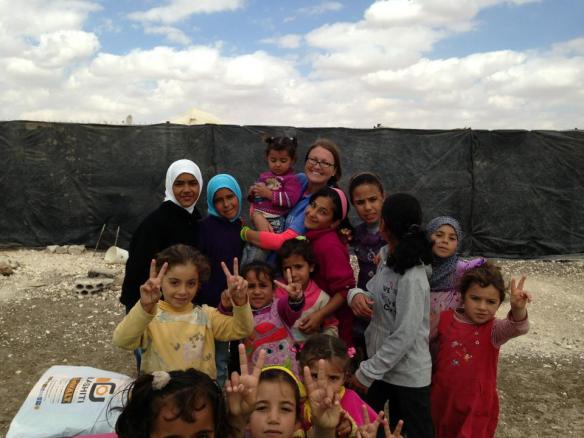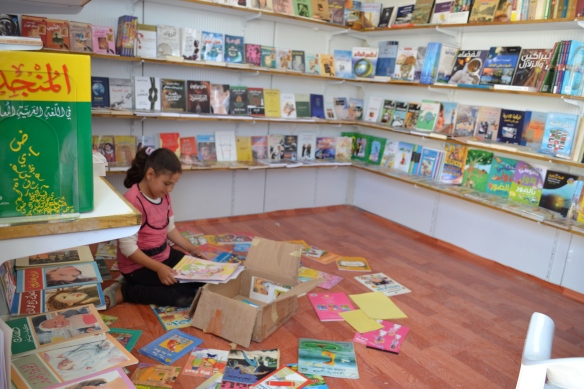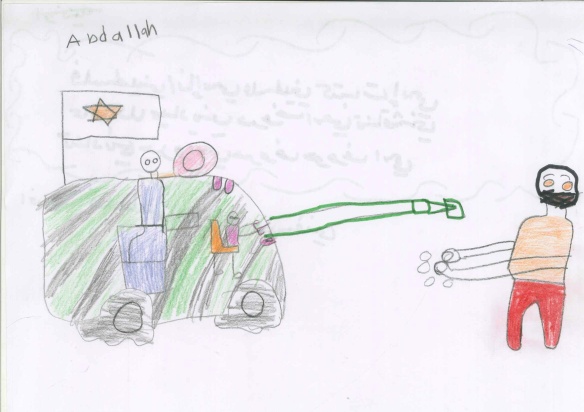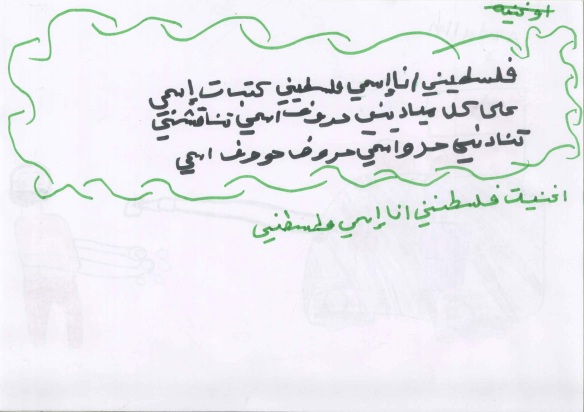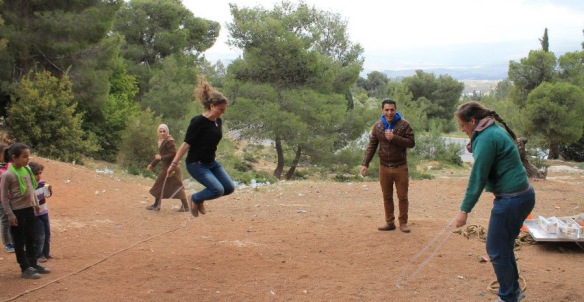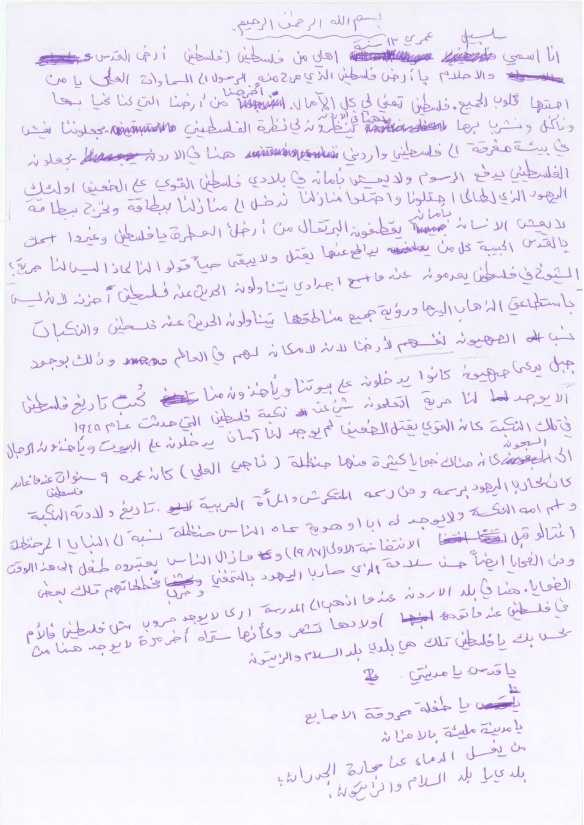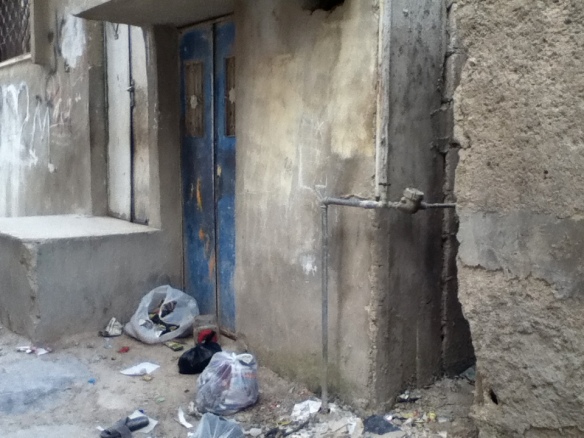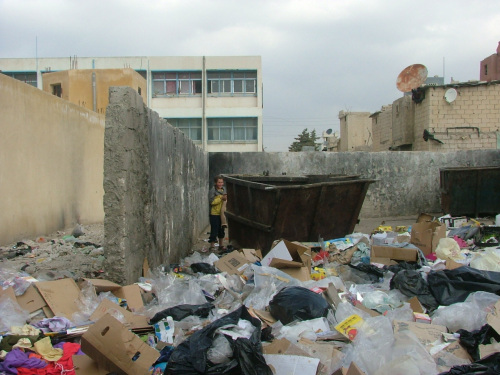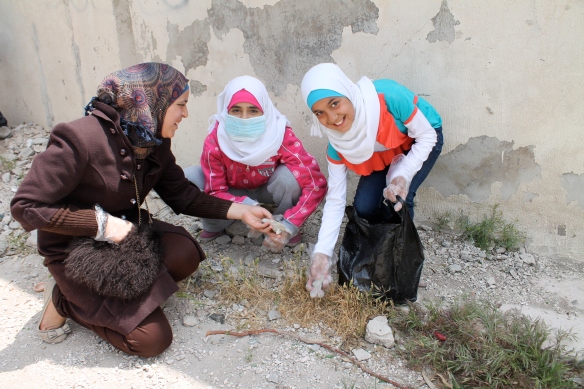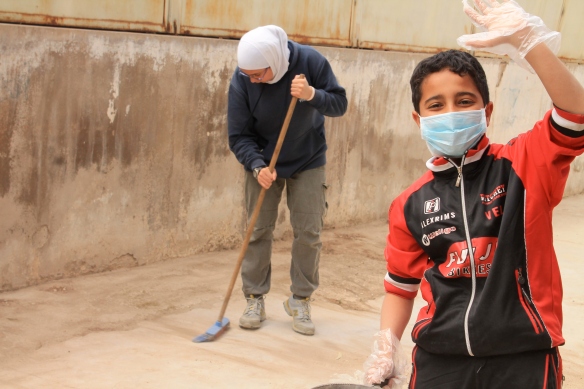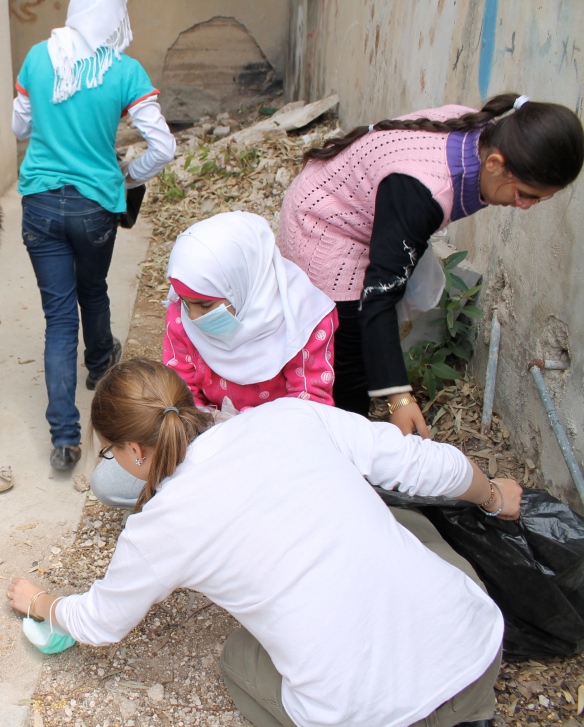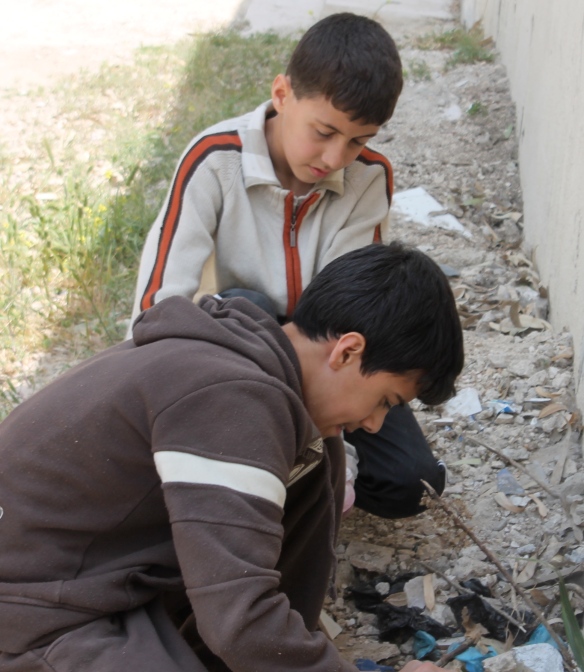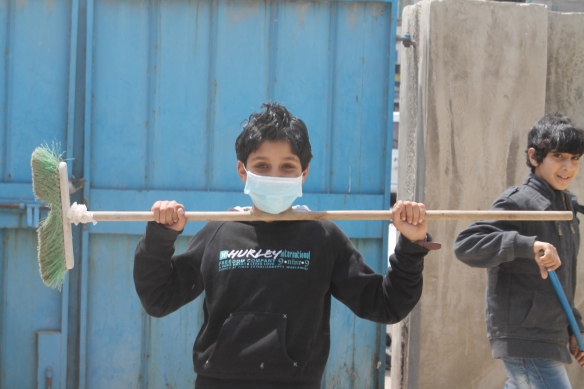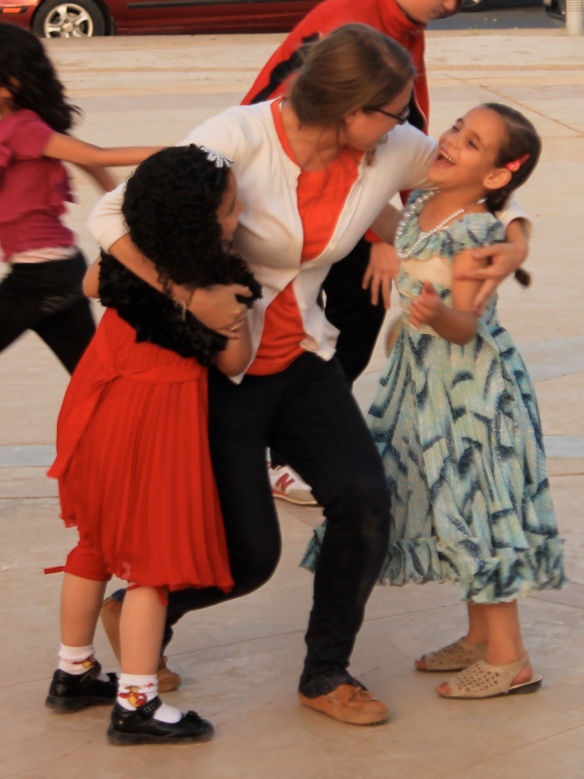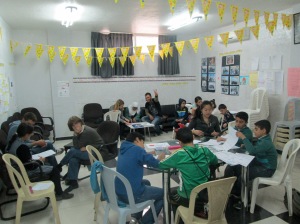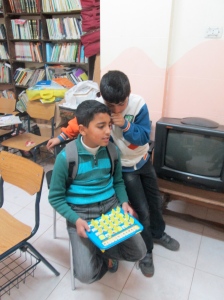Often, critics come down hard on education in Zaatari. There are three official schools in Zaatari, meant to serve the 60,000 children living in the camp. However, only 1 out of 3 children aged 6 to 14 attends school. There are many different reasons — some students have been out of school for over a year, some children are focused on working or helping their family, some families don’t want their children walking across the camp alone, and there have been more than a few problems in the schools that has cost them designation as a “safe space.”
However one opinion I hear a lot is: “They don’t like to read.”
Most Syrians in Zaatari are from Deraa and the surrounding countryside. I’ve met many who cite the culture and upbringing of the Syrians of Zaatari Camp as the reason for the lack of interest in school. I’ve heard it inside the camp, from aid workers, and outside the camp, from Jordanians. These voices constantly speak about a the lack of interest from the parents and children themselves in learning.
I could (and have) argue against such an opinion for hours.
Parents are uninterested in forcing their kids to attend school? Maybe because they just watched their families killed and normal life destroyed – and are left dazed, with little hope for the future. Children are unmotivated to attend school? Maybe because they were just forced from their own schools, where they had friends, a curriculum they understood, teachers they loved and hated, and a community they called their own.
However, now I will add a new story to my argument: a wonderful family I have been working with through IRD’s Zaatari soccer program.
Shadi and Reem are a young couple from Deraa who fell in love – and despite the hesitations of their family – got married and started a life together. They left Deraa seven months ago, when the violence became all-encompassing and they feared for the safety of their three young children.
Sitting in their caravan, I watch their oldest daughter, Gazel, put on her bright blue UNICEF backpack and listen to her regale the family with stories from 1st grade.
“Today I learned….kaza kaza kaza.” Shadi and Reem have been teaching her since she was old enough to talk – now on command she can recite the English shes memorized (“toufah APPLE bisa CAT mouza BANANA ab wa im FATHER AND MOTHER”).
Today in conversation with Reem, I asked her to remind me – “Forgive me for forgetting, but how old is Gazel again?” Without missing a beat she responded, “4 years old.”
I nodded… then thought about it for a minute. Wait.. 4 years old? isn’t she in first grade?
With a smile Reem responded… “Sa7… kiberna’ha schway”
Which literally translates… “Yes, we grew her up a little bit”
Meaning this family, in addition to constantly teaching little Gazel, whether in Syria or in Zaatari Camp, also consciously stretched her age a bit — to allow her to go to school every day for 5 hours and benefit from the resources UNICEF is providing in the camp.
Thanks to her parents, when Gazel goes back to Syria she will actually be ahead of her peers by two years… because her parents really care about her education and take conscious steps to ensure she learns and develops each day – despite entering school for the first time far from home in a crowded refugee camp. These uplifting stories are more common than not – and sustain my faith in the people of Zaatari.

